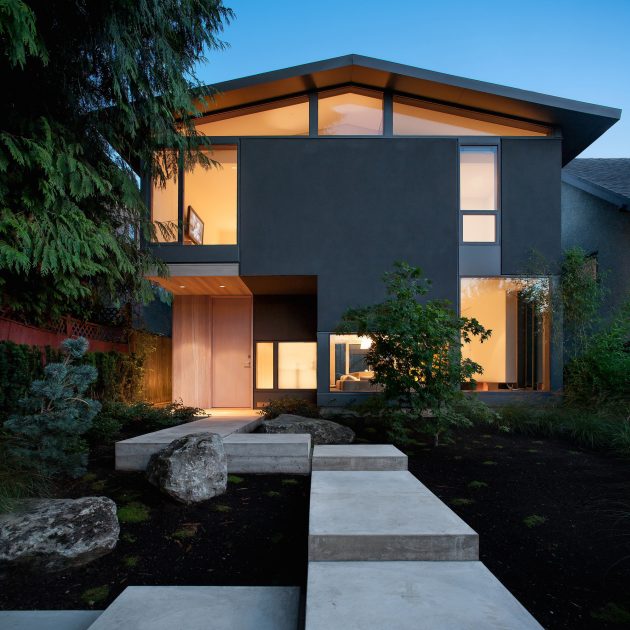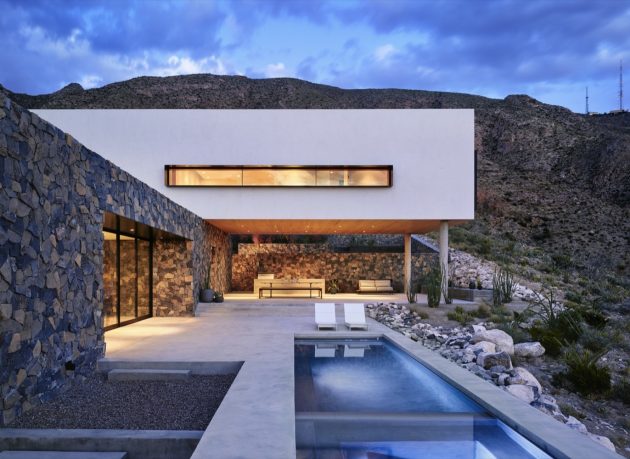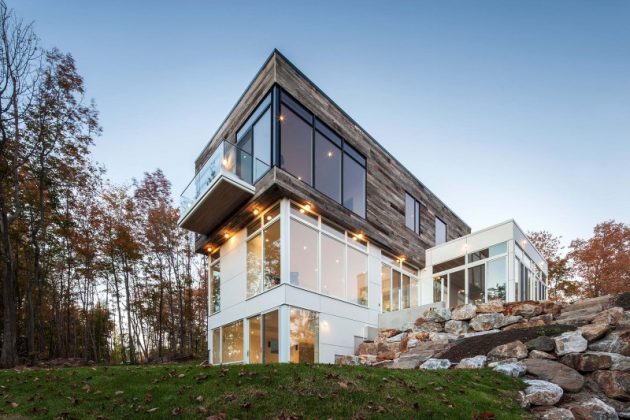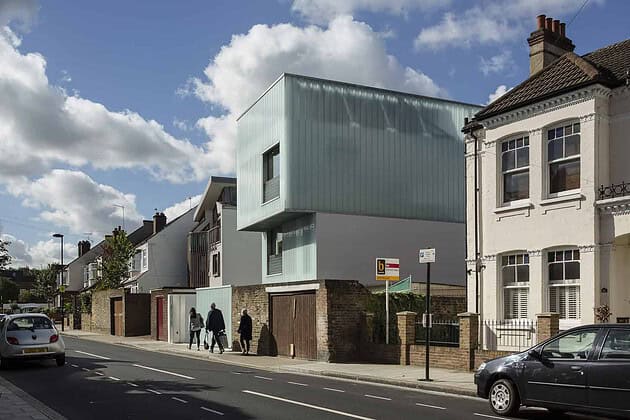Buying your first home is an exciting journey, but if you aren’t sure what you’re looking for, it can also be intimidating. Your home is a place that’s supposed to define you, amuse you, comfort you, and give you what you need for years to come, but what does that actually mean?
Some people start the homebuying journey with a definitive list of qualities they’re looking for, with some going as far as building their own homes so they can customize everything. But not everyone starts the process with such certainty. Not knowing what you’re looking for, exactly, doesn’t mean you’re not interested enough in buying a home, and it’s not a sign of ignorance either.
So what are you supposed to do if you want to buy a home, but aren’t sure what to look for?
Understand the Process
Before you get too deep in the search, make sure you understand the home buying process, and what it’s like as a first-time buyer. Generally, you’ll follow these steps:
- Budgeting and planning, where you’ll analyze your current income and expenses and forecast approximately how much home you can afford.
- Researching, where you’ll look at the homes and prices in your target area.
- Touring, where you’ll visit homes in person to get a feel for their layout and design.
- Making the offer, where you’ll find an ideal home and make a financial offer to the owner.
- Finalizing the deal, where you’ll close the sale and move in.
Beyond that, there are several strategies you can use to discover exactly what you’re looking for—even if you don’t know yet.
Look at Other Homes
If you need to get inspired, look at what other people have done with other homes. You can do this in person or online; it doesn’t really matter. All that matters is that you see a wide range of styles and influences, so you can start to narrow down what you actually want. You might notice a kitchen island that you love, or see a finished basement that you have to have; take note, and write these feelings down.

Work With an Agent
If you’re having trouble defining what you’re looking for, or you don’t know where to begin, a buying agent will be able to help you. Buying agents are free for the buyer, and are dedicated to helping you find the best purchase for your needs and circumstances. They’ll be able to help you articulate concepts you might not be able to put into words, and can show you things you might not have thought to look for.
Tour Many Different Types of Homes
Simply noting different styles isn’t enough; if you want to make the best decision, you’ll need to tour a wide variety of homes as well. Look at these features in person, and think about how each layout or design choice makes you feel. You might be surprised which on-paper features look far better (or worse) in person than they’d otherwise seem. The more houses you see, the more you’ll get an innate sense for what you like and don’t like.
Talk to People About Their Homes
It’s also a good idea to talk to other homeowners about their homebuying (and owning) experiences. Some homeowners might tell you a feature they originally loved turned out to be more of a hassle than it was worth, such as old doors and windows. Others might regret not getting a key feature that they didn’t realize they’d miss. Obviously, these perspectives and opinions won’t directly translate to your own, but they will open your eyes to some choices you might otherwise fail to consider.
List Unwanted Traits
If you’re still having trouble pinpointing which traits you want in a home, you might find it easier to list the traits you definitely don’t want. For example, you might be sure that you don’t want a two-story home, or might be firm about not having carpet in certain rooms. Any information you have to narrow down your selection criteria is going to be valuable, even if it’s not very specific, or if it seems inconsequential.
Your home buying process is going to be unique, so there’s no guide that can adequately prepare you for what to expect—or what to look for in the home’s design. Fortunately, these strategies can help you discover what you’re actually looking for, and give you the groundwork you can use for the next stages of the process. If you’re feeling lost, don’t worry—it happens to the majority of first-time homebuyers—but in time, you’ll figure out exactly what you want to find.



















